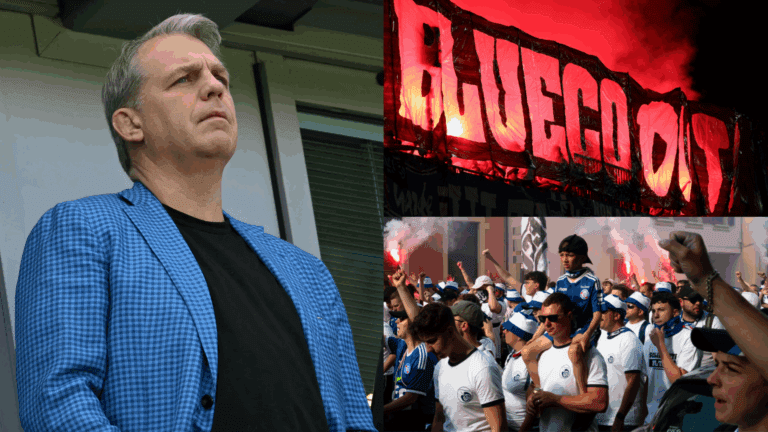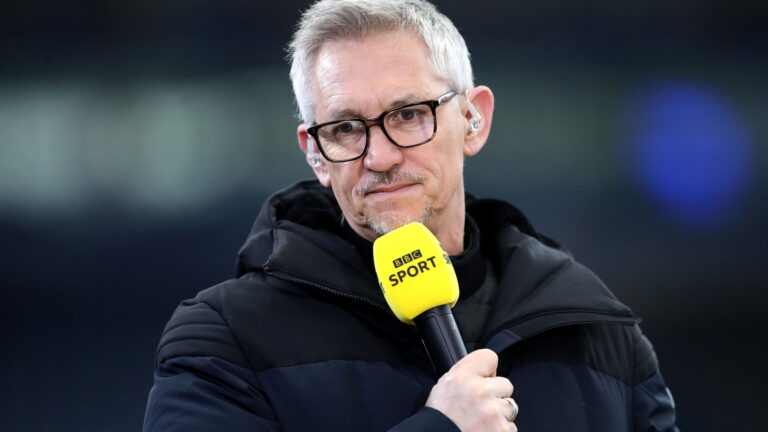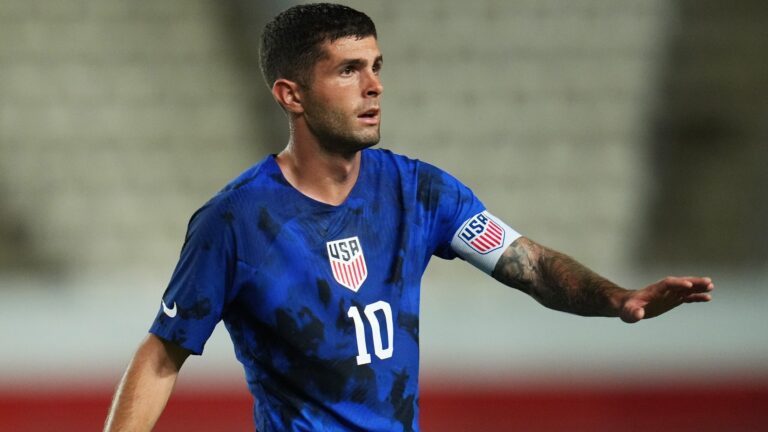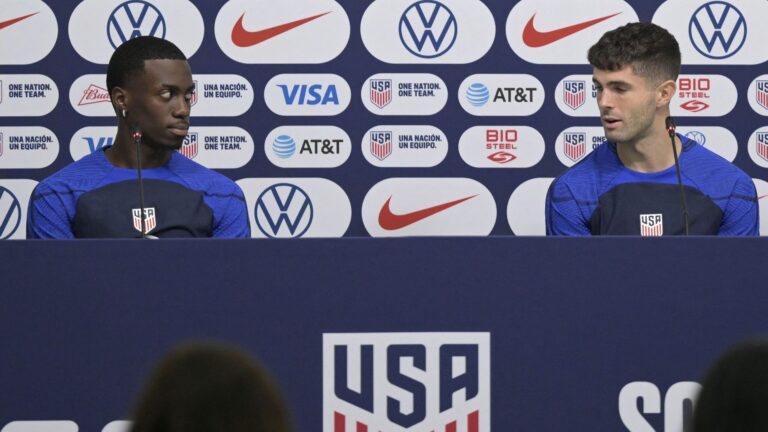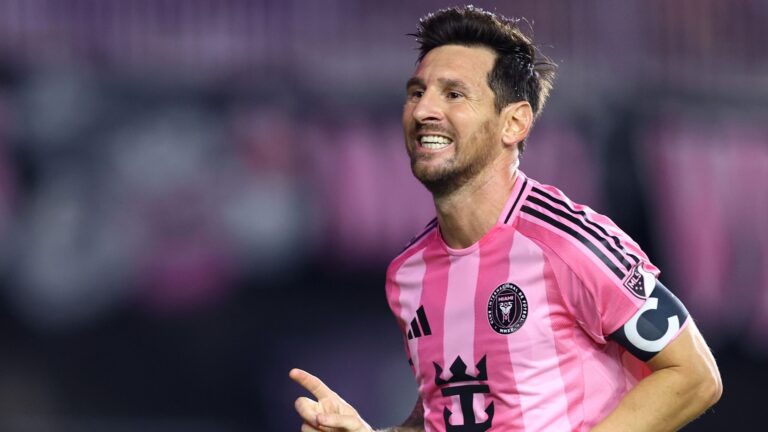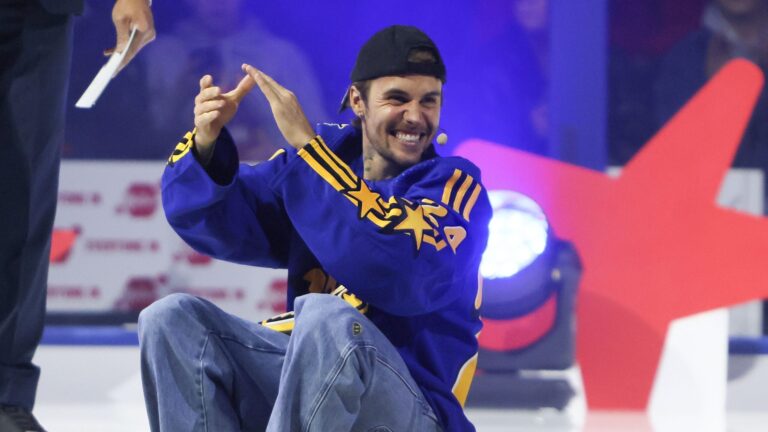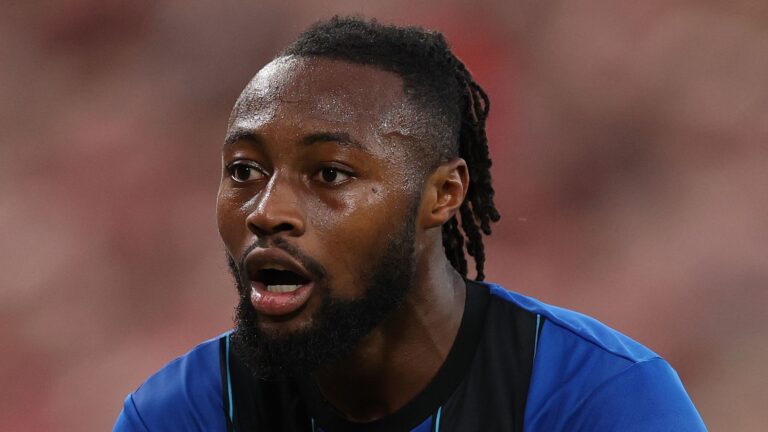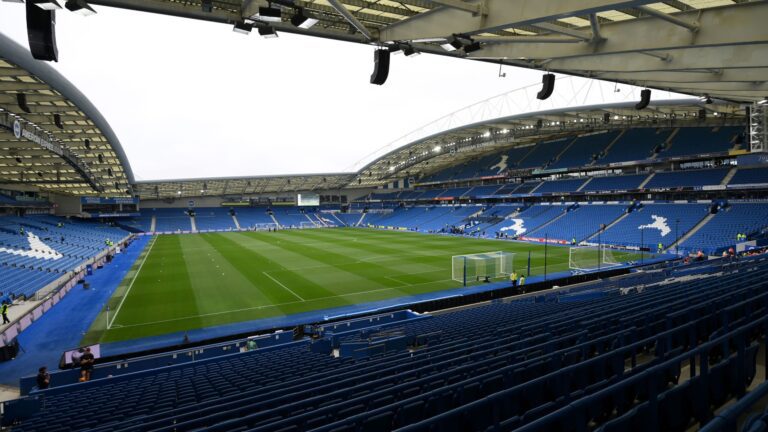Hollywood Stars Ryan Reynolds and Rob McElhenney: Steering Wrexham with a Laissez-Faire Touch
Wrexham‘s ascent under the guidance of Hollywood figures Ryan Reynolds and Rob McElhenney has captured global attention, transforming the club from lower-tier struggles into a competitive force. This duo’s approach emphasizes strategic investment and letting experts lead, all while keeping the spotlight on the team’s on-field triumphs and off-field narratives. As the club eyes top-tier glory, their method showcases how entertainment icons can bolster a sports legacy without meddling in the game itself.
- Wrexham’s upward trajectory guided by the celebrity pair
- The duo shares insights on their leadership philosophy
- Content to step back from on-pitch strategies



Wrexham’s Impressive Climb and Ambitious Goals
The club’s rapid progression from non-league status to the Championship has been nothing short of remarkable, thanks to the influence of Reynolds and McElhenney. With aspirations now fixed on Premier League glory, they’ve channeled significant funds into team enhancements. Recent additions to the roster, such as defenders like Conor Coady and forwards including Kieffer Moore, highlight a strategy focused on building depth-mirroring successful turnarounds in clubs like Bournemouth, which also rose through smart recruitment. As of mid-2025, Wrexham’s squad investments total over £10 million, a figure up from last year’s estimates, underscoring their commitment to sustainable growth.
Adopting a Non-Interference Policy in Football Affairs
Despite their financial backing, Reynolds and McElhenney insist on maintaining distance from tactical choices, prioritizing input from the club’s professionals. They allow head coach Phil Parkinson and the executive team to chart the course, fostering an environment where expertise drives decisions. This philosophy not only preserves operational autonomy but also strengthens bonds within the organization, much like how venture capitalists support startups without dictating daily operations.
Reynolds’ Perspective on Supportive Ownership
In a recent interview with Sky Sports, Reynolds explained: “Our approach is deliberately detached when it comes to team tactics. We focus on observing, gaining insights, and sharing the club’s journey. This setup allows us, as owners, to provide backing and highlight the narrative without overstepping. It’s a prime advantage because it lets us form genuine connections with the players, something rare for those in our role. As a result, we enjoy close ties with every team member, enhancing the overall club dynamic.”
McElhenney’s Take on Their Role
McElhenney echoed this sentiment, noting: “It’s fascinating to receive praise for the club’s progress, but the reality is we’re not involved in the game-day action. Our primary task is to bring humor and storytelling to the forefront, while showing utmost respect for what Parkinson achieves on the field and what the off-field leaders, including Michael Williamson, Shaun Harvey, and Humphrey Ker, accomplish behind the scenes. We essentially act as enthusiastic supporters, capturing the evolution of the club for a wider audience.”
Upcoming Challenges and Recent Performance
Entering the 2025-26 Championship season, Wrexham has faced early setbacks, dropping their initial two matches-a trend that’s seen similar for teams like newly promoted sides in past years, with win rates dipping below 30% in the first month. However, with updated statistics showing improved squad fitness levels from preseason training, the team is poised for a turnaround. Their next opportunity comes this weekend at home against Sheffield Wednesday, where they aim to secure their first points and build momentum toward their lofty ambitions.
The Hands-Off Approach: Ryan Reynolds and Rob McElhenney’s Philosophy at Wrexham
In the world of football ownership, Ryan Reynolds and Rob McElhenney have become standout figures for their hands-off management style. Since acquiring Wrexham AFC in 2021, the duo has emphasized a supportive role that prioritizes trust in the club’s staff and manager. This approach has not only revitalized the team but also sparked discussions about effective supportive ownership in football. By letting experts handle operations while offering resources and encouragement, they’ve shown how less interference can lead to better results.
Key Insights from Ryan Reynolds and Rob McElhenney on Their Style
Ryan Reynolds and Rob McElhenney have openly discussed their commitment to hands-off management during interviews and public appearances. In a candid chat on their “Welcome to Wrexham” docuseries, Reynolds highlighted the importance of not micromanaging, stating, “We’re not football experts; we’re storytellers and investors. Our job is to support the people who are.” Similarly, McElhenney has shared how this style fosters a positive environment, allowing the manager and players to focus on performance without external pressures.
This philosophy stems from their recognition that football success relies on on-field expertise. Rather than imposing decisions, they provide financial backing and motivational support, which has helped Wrexham climb the ranks in English football. Their approach aligns with modern trends in supportive ownership, where owners act as enablers rather than directors, ensuring long-term sustainability for clubs like Wrexham.
Benefits of Embracing a Supportive Ownership Role in Football
Adopting a hands-off management style offers several advantages for football clubs and their communities. For starters, it builds trust and empowers staff, leading to higher morale and better decision-making on the pitch. When owners like Ryan Reynolds and Rob McElhenney step back, managers can implement strategies without fear of interference, potentially boosting team performance and fan engagement.
- Enhanced Team Autonomy: Players and coaches thrive when given the freedom to innovate, as seen in Wrexham’s recent successes, including promotions and record attendances.
- Reduced Burnout for Owners: By not diving into daily operations, owners can focus on broader goals, like marketing and fan outreach, which Reynolds and McElhenney have excelled at through social media campaigns.
- Stronger Community Ties: A supportive role allows for genuine connections with fans, turning ownership into a collaborative effort that fosters loyalty and growth.
- Financial Stability: This style minimizes risky decisions, helping clubs like Wrexham manage budgets effectively and attract sponsorships.
Overall, the benefits extend beyond the field, creating a more sustainable model for football ownership that prioritizes people over profits.
Practical Tips for Aspiring Football Owners
If you’re considering a role in football ownership, drawing from Ryan Reynolds and Rob McElhenney’s experience can provide valuable guidance. Start by identifying your strengths-perhaps in branding or investment-and use them to support the club without overstepping.
- Assess Your Expertise: Recognize where you add value, like Reynolds’ Hollywood connections for global visibility, and leave tactical decisions to professionals.
- Establish Clear Communication: Set up regular check-ins with the management team to offer support without dictating plays, ensuring a transparent and trusting relationship.
- Invest in Resources: Provide funding for training, facilities, and player development, as McElhenney has done, to show commitment without controlling outcomes.
- Engage with Fans: Use social media and events to build excitement, mirroring how the duo turned Wrexham into a viral sensation.
- Monitor Progress Objectively: Track key metrics like performance stats and fan feedback, but resist the urge to intervene unless absolutely necessary.
By following these tips, new owners can emulate the supportive ownership model that has worked for Wrexham, promoting a healthier club ecosystem.
Case Study: Wrexham AFC’s Transformation
Wrexham AFC serves as a prime case study for the effectiveness of hands-off management in football. Under Reynolds and McElhenney’s ownership, the club has seen remarkable progress, moving from the National League to League Two in just two seasons. This turnaround highlights how a supportive role can accelerate growth without direct involvement.
For instance, the owners invested in infrastructure and player signings but deferred to manager Phil Parkinson for team selections and tactics. This strategy not only led to on-field wins but also off-field gains, such as increased merchandise sales and a burgeoning fan base. The “Welcome to Wrexham” series further amplified this, showcasing how supportive ownership can turn a local club into a global brand. Experts in football management often cite this as evidence that trusting the process yields better results than heavy-handed control.
First-Hand Experiences: Quotes and Reflections from the Owners
Drawing from first-hand accounts, Ryan Reynolds and Rob McElhenney have shared personal reflections that underscore their hands-off approach. In an interview with The Guardian, Reynolds reflected, “We’ve learned that football is about the community and the players, not the owners. Our role is to cheer from the sidelines and provide what they need to succeed.” McElhenney echoed this in a podcast, noting, “Stepping back has been liberating-it’s allowed us to enjoy the journey and see real magic happen.”
These experiences reveal the emotional and strategic rewards of supportive ownership, emphasizing patience and partnership as key to navigating football’s challenges. For fans and aspiring owners, these insights offer a blueprint for fostering success in a high-stakes industry.


